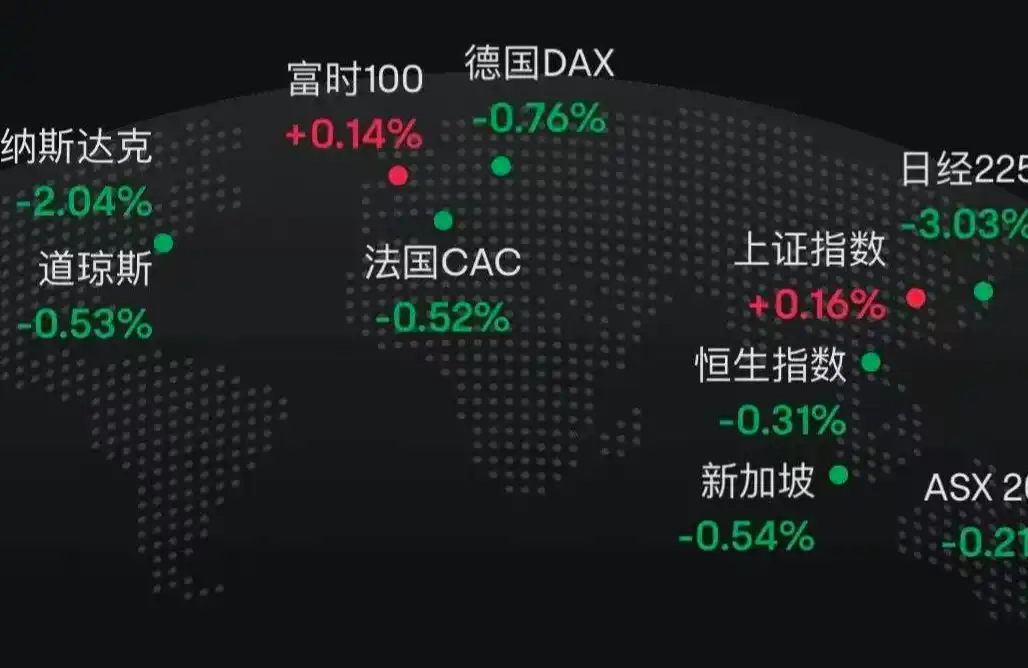From Bitcoin to Zcash: Why Privacy is Considered the "Last Thousandfold Opportunity" in Crypto
Among the three core issues faced at the inception of Bitcoin, the privacy sector has become the only remaining area with the potential for asymmetric returns.
Among the three core issues Bitcoin faced at its inception, the privacy track has become the only remaining field with the potential for asymmetric returns.
Written by: Mert Mumtaz, CEO of Helius Labs
Translated by: Saoirse, Foresight News
Bitcoin faced three core issues at its inception: first, legitimacy; second, programmability and scalability; and third, privacy protection.
Among them, Bitcoin solved the legitimacy issue by growing into a trillion-dollar asset; public chains such as Solana and Ethereum addressed the issues of programmability and scalability; while privacy protection, as the only remaining unsolved challenge (and thus a market gap with asymmetric return potential), is now being led by blockchain projects such as Zcash.
I refer to the privacy sector as "the last 1000x opportunity" or "the last PvE (player vs environment) track," not just as a catchy phrase (although it does spread well), but based on a comprehensive judgment of the increasingly apparent asymmetric opportunities, market gaps, and macro-level timing in the market. This field not only includes zero-knowledge proof (ZK) technology, but also covers mixers, fully homomorphic encryption (FHE), and secure multi-party computation (MPC) and other technical directions.
Review of the Development Context of the Crypto Industry
Bitcoin originated from the cypherpunk movement, aiming to create an internet-native currency, and was a direct response to the 2008 financial crisis.
In its early days, Bitcoin was innovative, anarchic, and uncertain—no one could be sure if it would succeed, so "fighting for legitimacy" became the core goal at the time.
As its popularity grew, Bitcoin gradually faced two main criticisms: first, the lack of programmability (which later extended to "lack of scalability"), and second, the lack of privacy protection.
Ethereum emerged to solve the "lack of programmability" issue; later, Solana was launched to further tackle the problem of "insufficient scalability in programmable scenarios."
Over the past 5-8 years, the main development thread of the crypto industry has followed this context: Bitcoin continuously consolidates its legitimacy, while public chains such as Ethereum and Solana advance programmability and scalability.
In the future, the programmability/scalability track and the Bitcoin ecosystem will continue to be optimized, but it will be difficult to see another "1000x breakthrough"—in other words, improvements in these areas will be more about "marginal optimization" rather than "order-of-magnitude leaps."
On the other hand, the birth of Zcash was precisely to solve another major controversy in the crypto field—the lack of privacy. If we view the technological development of human civilization as a "technology tree," Zcash's goal is to advance the "privacy branch."
The criticism of "lack of privacy" has long been widely recognized by industry pioneers such as Satoshi Nakamoto and Hal Finney (an early core contributor to Bitcoin, the first person in the world to receive a Bitcoin transfer on January 12, 2009, an important technical collaborator of Satoshi Nakamoto, and someone who discussed Bitcoin's privacy flaws many times on public forums such as Bitcointalk). In his first Bitcoin-related post, Satoshi Nakamoto quoted the views of Zooko (Zooko Wilcox-O'Hearn, a key scholar in zero-knowledge proof and privacy encryption, and an early core contributor to the Zcash project).
In the early development of cryptocurrencies, the core problem that had to be solved was the "double-spending problem" (i.e., the same money being spent twice). To prevent double-spending, it was necessary to ensure that "all participants could see each other's account balances"—this is the fundamental reason why blockchains are now by default "transparent and traceable," essentially a compromise made to solve the double-spending problem.
In fact, Satoshi Nakamoto once publicly stated that he was "willing to add ZK technology to Bitcoin to enhance privacy" and believed that this would make Bitcoin "much better," but at the time, due to the immaturity of the technology, it was impossible to solve the double-spending problem while adding ZK—zero-knowledge proofs were simply too novel at the time.
The Present and Future of the Privacy Track
The novelty of zero-knowledge proof technology is reflected in the fact that the Zcash team was the first in the world to put ZK technology into production—not only in the crypto industry, but in any industry.
However, early ZK technology had obvious flaws: extremely high development difficulty, poor usability, and required multiple iterations to improve, while also eliminating the "trust assumption" (i.e., not relying on a specific third party). Therefore, both the Zcash project itself and zero-knowledge proof technology as a whole have experienced long-term development difficulties.
But now, the situation has fundamentally changed: ZK technology has finally matured and can be stably applied; at the same time, the "programmability/scalability" track has gradually reached the upper limit of the "technology S-curve" (i.e., growth is slowing and marginal returns are diminishing).
The current landscape of the crypto industry is clear: Bitcoin has laid the foundation of legitimacy, Solana and Ethereum have validated the product-market fit (PMF) of programmability, and the privacy track has become the only remaining field with the potential for asymmetric returns.
More importantly, now is the "golden moment" for the privacy track to explode: in recent years, although the crypto industry has been dominated by speculation and commercial interests, its origin lies in the cypherpunk movement—the core goal of cypherpunks is to use cryptography and code to build systems that "guarantee freedom and privacy." Today, the industry is gradually returning to this core original intention.
Combining this with the macro environment: global debt crisis concerns persist, Bitcoin has proven the feasibility of "non-state-issued currency"; meanwhile, incidents of abuse of power and privacy violations are frequent worldwide (with Europe as a representative); in addition, as traditional financial institutions accelerate "on-chain," their demand for transaction privacy will increase significantly—these multiple factors combined mean that privacy technology and zero-knowledge proof technology are approaching a "world-devouring" inflection point.
The privacy track also has a key advantage: it is one of the few fields that are "difficult enough, influential enough, and innovative enough" to attract top talent from the artificial intelligence (AI) field—and the gathering of talent will further drive capital inflows, forming a positive cycle of "talent-capital" mutual promotion.
In summary, an "unstoppable era of planet-scale private money" is just around the corner.
Note: I am not suggesting that Bitcoin, Solana, Ethereum, and other projects have no room for further growth—they will obviously develop to an even larger scale in the future. But given their current size, achieving "100x growth" is basically impossible.
Disclaimer: The content of this article solely reflects the author's opinion and does not represent the platform in any capacity. This article is not intended to serve as a reference for making investment decisions.
You may also like
Why does bitcoin only rise when the US government reopens?
Is the US government shutdown the main culprit behind the global financial market downturn?

Crypto "No Man's Land": Cycle Signals Have Emerged, But Most People Remain Unaware
If the crypto market of 2019 taught us anything, it's that boredom is often the prelude to a breakout.

Don't panic, the real main theme of the market is still liquidity.
Such pullbacks are not uncommon in a bull market; their purpose is to test your conviction.

Arthur Hayes Dissects Debt, Buybacks, and Money Printing: The Ultimate Cycle of Dollar Liquidity
If the Federal Reserve's balance sheet expands, it will be positive for US dollar liquidity, ultimately driving up the prices of bitcoin and other cryptocurrencies.

